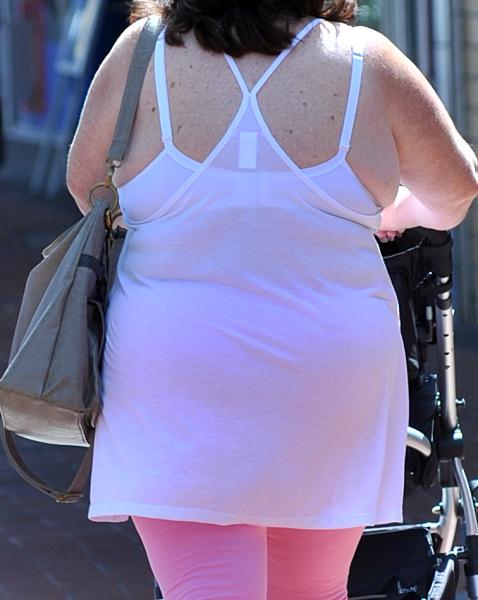Geelong women’s ‘fat talk’ could help provide insights into body-image issues, according to Deakin University.
One of its researchers wants to find out how comments like, ‘My thighs are huge’, or, ‘I hate my calves’, feed women’s problems with their appearance.
“Women’s body image is a widespread issue within our society and is associated with a range of negative health consequences, ranging from body dissatisfaction to disordered eating,” said Deakin psychology associate lecturer Jacqueline Mills.
“Fat talk, or speaking about our bodies in a negative way, is not as harmless as it may appear.
“Although you might think talking about the parts of your body that are getting you down would help you to feel better, fat talk has been shown to actually increase body dissatisfaction levels.
“Engaging in fat talk has also been linked with greater acceptance of the thin ideal promoted by the media as well as comparing your appearance with how other people look.”
Ms Mills said the apparent “contagious element” of fat talk was a particular concern.
“Hearing someone speak negatively about their body, or even that of another person, can greatly increase the chances of you engaging in fat talk yourself.
“Ultimately, fat talk can help reinforce the idea that women should be largely valued by the way they look, leading to women obsessing over their appearance, which just starts the whole cycle again.”
Ms Mills called for women aged 18 to 40 years to take part in her study.
Participants would undertake an online survey and a week of daily “mini-surveys” via a smart-phone app, she said.
“The app will measure moment-to-moment fluctuations in women’s body image experience across multiple days. This will give us a comprehensive view of women’s experiences with fat talk in their regular social interactions.
“Understanding context in which fat talk occurs will be useful in developing effective preventative measures, as well as intervention models, to deal with body dissatisfaction.”
Ms Mills said women could nominate for the study by emailing fat.talk.research@gmail.com.








